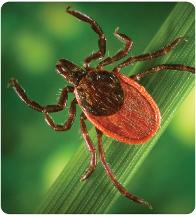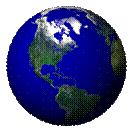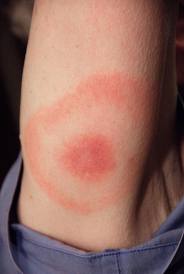|
Use of Remote Sensing |
|
for Disease Assessment |



|
Introduction |
|
What is Remote Sensing? Remote Sensing is the small or large scale acquisition of information of an object or phenomenon by the use of either recording or real time sensing devices that are not in physical contact with the object. How can Remote Sensing monitor Disease? The use of Remote Sensing in public heath systems is increasing yet still relatively undocumented. Recent areas of application for not only remote sensing but also for GIS methods in disease emergencies include hazard, vulnerability, risk assessments, disease distribution and outbreak investigations as well as planning and implementation of health information systems. Emergence and spread of infectious diseases in a changing environment require the development of new methodologies and tools for risk assessment, early warning and policy making. GIS modelling is routinely used to perform risk assessment for the mitigation of these diseases. Remote sensing technologies can be used to derive ecological indicators from high temporal resolution satellite data. Especially the Moderate Resolution Imaging Spectroradiometers (MODIS sensor) which are flown on the Terra and Aqua satellites, deliver an almost complete Earth coverage four times a day at different resolutions. These data are integrated with common GIS data for spatial data analysis. Special focus is on land surface temperatures, snow coverage, and vegetation indices (NDVI, EVI, bi-weekly), all derived from MODIS satellite data. Example: Using Satellite Imagery to learn more about Ticks and Lyme Disease
Satellites Commonly Used for Tick Monitoring
|



|
This Webpage was created and designed by Kristen Gridley A Master of Science Candidate Geographic Information Systems Salem State University
Last updated December 2010
This website is a requirement for GPH909 Remote Sensing—Fall 2010 Instructor Dr. Stephen Young Department of Geography Salem State University |
|
Image taken from www.symptonsoftickbites.com |

|
Image taken from wormsandgermsblog.com |